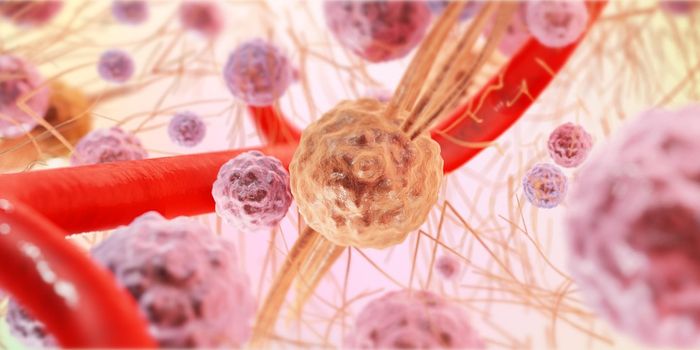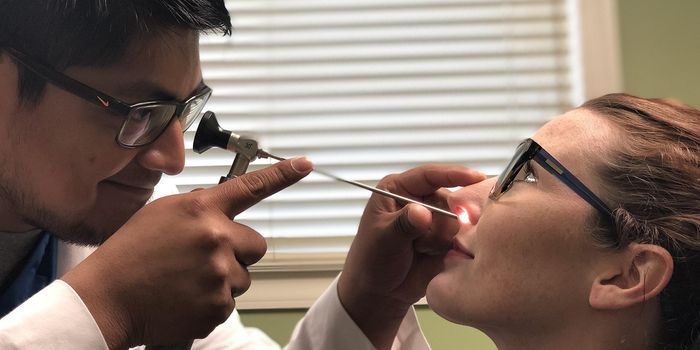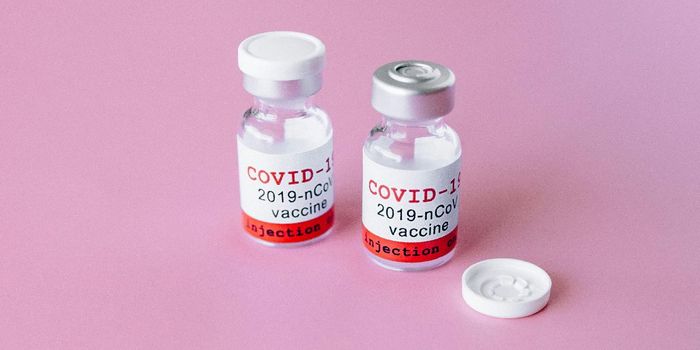Super-Drug for Pediatric Leukemia?
In a final study published in Genes & Development, researchers at Northwestern University School of Medicine concluded their discoveries on two successful therapeutics that were seen to slow the progression of pediatric leukemia in model mice through the targeting of a key protein called MLL. "This opens up a new therapeutic approach not only for leukemia, which is so important for the many children who are diagnosed with this terrible cancer, but also for other types of cancers that plague the population," says first author and postdoctoral research fellow, Zibo Zhao.
Learn more about pediatric leukemia:
The mortality rate of childhood leukemia, a cancer affecting the blood and bone marrow, is very high with just a 30 percent survival rate. The study focused primarily on two of the most commonly found leukemia’s in children: acute myeloid leukemia (AML) and acute lymphocytic leukemia (ALL).
Credit: The Dana Farber Cancer Institute
"These white blood cells infiltrate many of the tissues and organs of the affected individuals and is a major cause of death in leukemia patients," says senior author of the study, Ali Shilatifard. "This is a monster cancer that we've been dealing with for many years in children."
The study identified the MLL stabilization process that therapeutically treats the cancer. Researchers are now hoping to combine these successful therapeutics for the ultimate ‘super-drug’ in targeting MLL effectively and decreasing the mortality rate among children diagnosed with pediatric leukemia. "I've been working on this translocation for more than two decades, and we're finally at the point where in five to 10 years, we can get a drug in kids that can be effective," Shilatifard said. "If we can bring that survival rate up to 85 percent, that's a major accomplishment."










